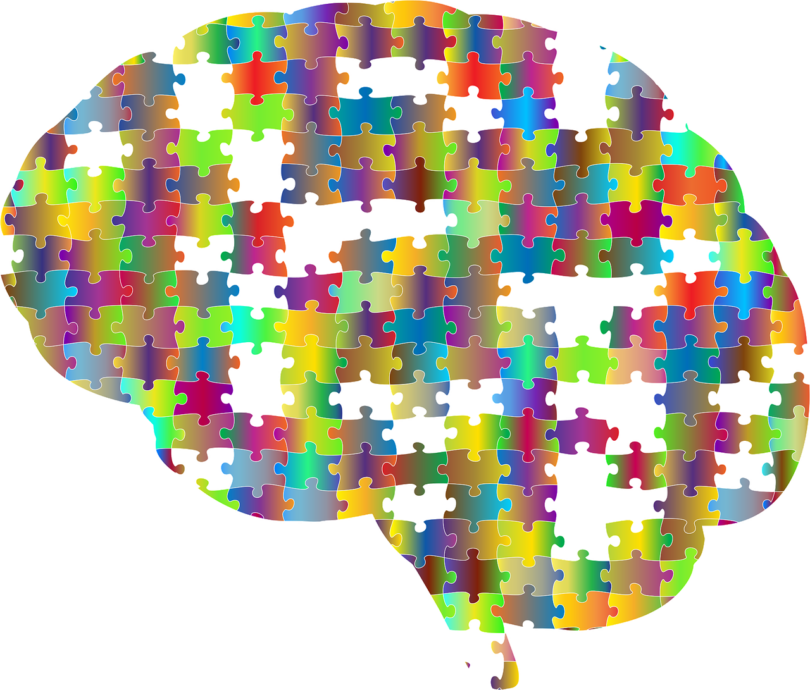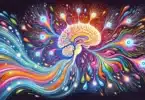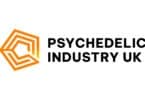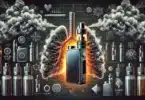What is ADHD? What is the difference between ADD & ADHD? How can CBD treat ADHD? What are the side effects to taking CBD for ADHD?
What is ADHD
ADHD is the most inherited of all the psychiatric disorders with a mean heritability estimate of 80%. Children with parents or siblings with ADHD have a 2-8-fold increased risk for being diagnosed with ADHD. In the United States, over 10% of children have ADHD.
People with ADHD have difficulties with focus, attention, and concentration. This can affect everything in one’s life, from the classroom, to the schoolyard, to the workplace, to the home. People with ADHD often jump from one stimulus to the next, focusing on the “wrong” tasks, are impulsive and waste time and energy on seemingly minor issues. People with ADHD get “stuck” in their own head.
What is the difference between ADD & ADHD?

How can CBD Treat ADHD / ADD?
ADD is Attention deficit disorder. ADHD is Attention deficit hyperactivity disorder. The difference between the two is that people with ADHD are hyperactive, and people with ADD are not. ADHD is usually diagnosed in childhood and presents with the behavioral symptoms of talking constantly, fidgeting, lack of focus, difficulty in reading social cues, & impatience.
ADD is not diagnosed until adulthood.
According to the DMS-5, the most current American Psychiatric Manuel, ADHD is now considered the medical and psychiatric term that defines both ADD and ADHD.
What is currently available to treat ADHD?
The available medications approved by the FDA treat ADHD by raising dopamine and norepinephrine levels. Examples include Ritalin (methylphenidate), Adderall (Dextroamphetamine-Amphetamine), Concerta (methylphenidate), and Vyvanse (prodrug of dextroamphetamine) .
What is the problem with using these conventional medications, such as Ritalin & Adderall?
These medications stimulate the ability of the brain to focus, but they do not address the main problem of ADHD which is the “white noise” in the brain that makes it difficult for the person to multitask, function, and address social cues. Unfortunately, these conventional medications all include the side effects of jitteriness and addiction.
How can CBD treat ADHD?

How can CBD Treat ADHD
The endocannabinoid system is the body’s biochemical way of self-regulating itself. Endocannabinoids are ideal in the treatment of ADHD because of its ability to “recenter” a person psychologically which creates one’s ability to focus, follow-through with projects, filter out distractions so you can concentrate of the project at-hand, improve restful sleep, become cognizant of social cues, and relax in the company of others.
Some people even use it as a daily part of their health and wellness regimen, to fight off issues before they begin.
How was it discovered that CBD can help people with ADHD?
A study published in the Journal of Substance Use and Misuse in 2013 showed that there were many people who were using CBD to self-medicate themselves to help control their impulsiveness & hyperactivity.
These people were never officially diagnosed with ADD, but they had all the symptoms.
Two years later, in 2015, researchers in Germany published a study examining the effects of CBD on 30 patients what were no longer getting any benefit from Ritalin or Adderall.
The results: After taking CBD, most of the patients had improved concentration, improved sleep, and reduced impulsivity. The CBD enabled them to work and live life without the need for the stimulate medications with all of their side effects such as insomnia, anorexia, nervousness, and more.
What are the side effects to taking CBD for ADHD?
None.
Take home points: What can CBD offer to one with ADHD:
You’ll feel more relaxed. You’ll feel more connected to other people. You will feel “in your body”, rather than stuck in your own head. You will have improvement in your sleep, improvement in your concentration, and reduced impulsivity.
In summary – you will feel at your best.
References:
“Subtypes of attention deficit-hyperactivity disorder (ADHD) and cannabis use. Subst Use Misuse.” 2014 Mar;49(4):427-34. 4..
“ADHD Is Highly Prevalent in Patients Seeking Treatment for Cannabis Use Disorders.” J Atten Disord. 2016 Mar 31
“Diagnosis and treatment of attention deficit hyperactivity disorder (ADHD).” NIH Consens Statement. 1998 Nov 16-18;16(2):1-37.
“Cannabinoids in attention-deficit/hyperactivity disorder: A randomized-controlled trial.” Eur Neuropsychopharmacology. 2017 Aug;27(8):795-808.
“Medical Cannabinoids in Children and Adolescents: A Systematic Review.” Pediatrics, November 2017, Volume 140 / Issue 5
“Pharmacological Treatment of Attention Deficit Hyperactivity Disorder in Children and Adolescents: Clinical Strategies.” J Cent Nerv Syst Dis. 2013; 5: 1–17.
“Psychotic and manic-like symptoms during stimulant treatment of attention deficit hyperactivity disorder.” The American Journal of Psychiatry. 2006 Jul;163(7):1149–52
“Molecular genetics of attention-deficit/hyperactivity disorder.” Biol Psychiatry. 2005 Jun 1;57(11):1313–23







